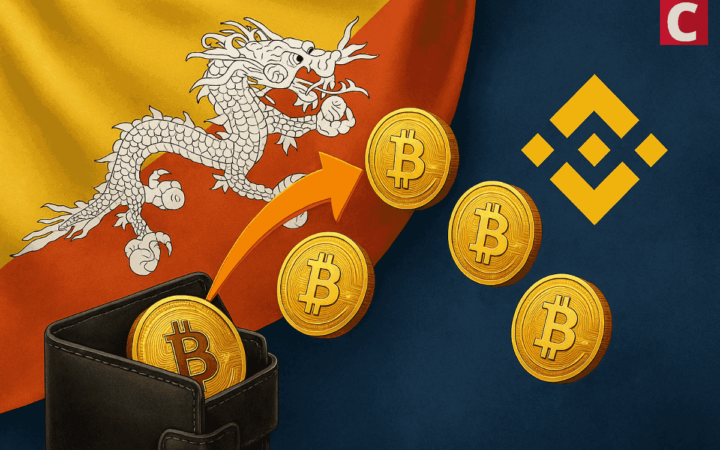
Darya is a crypto enthusiast who strongly believes in the future of blockchain. Being a hospitality professional, she is interested in finding the ways blockchain can change different industries and bring our life to a different level.
South Korea’s taxation ministry is planning to introduce taxes on cryptocurrency and include them in the tax plan. The issue is to be solved in June this year.

South Korea’s Ministry of Strategy and Finance is reportedly planning to release a taxation framework for digital currencies by the end of June this year. According to Fuji News Network (FNN), Korean media outlet, the Ministry of Strategy and Finance is thinking over including crypto adopters’ capital gains tax in its tax plan.
“We do not have a specific time frame, but we are thinking about announcing a virtual money tax in the first half of the year,” stated an official from the ministry.
Currently, South Korean residents do not pay taxes on cryptocurrency, unlike exchanges. They pay a 22% corporate tax and a 2.2% local income tax, which is in line with what all corporations earning more than $18.7 million each year have to pay.
South Korea’s taxation ministry has been studying crypto-taxation approaches taken by other countries including Japan, Germany, the United Kingdom and the United States. The announcement of the future tax plan came after the Finance Ministers’ meeting of the G20 that took place earlier this month.
There are some other proposals concerning crypto-taxation. One of them levying a tax on profits generated by the sale of cryptocurrencies. If any income from crypto transactions is seen as ‘temporary and irregular’, other forms of income taxes are reportedly being considered.
“In order to tax the income accruing from a virtual currency transaction, it is necessary to amend the income tax law to add it [to the category of] taxable objects,” the report stated.
The South Korean government anticipates establishing complete cryptocurrency regulation after upcoming local elections on June, 13. On June, 14 the Ministry of Finance and Economics will hold a virtual currency international conference in Seoul for G20 members. An additional working session for the entire G20 international finance system is scheduled for June, 15.
But even after a consensus is reached, there is still the possibility that some G20 member nations won’t follow the guidelines. Brazil has already stated that it is not going to regulate cryptocurrencies. The president of Brazil’s Central Bank, Ilan Goldfajn, said that it is highly unlikely that the South American country would support cryptocurrency policies created by the group.
Anyway, positive regulatory and taxation framework in South Korea can give a major boost to global cryptocurrency markets. Therefore, it will be interesting to see which new crypto-taxation rules and regulatory guidelines will be announced by the country in coming days.

Darya is a crypto enthusiast who strongly believes in the future of blockchain. Being a hospitality professional, she is interested in finding the ways blockchain can change different industries and bring our life to a different level.




